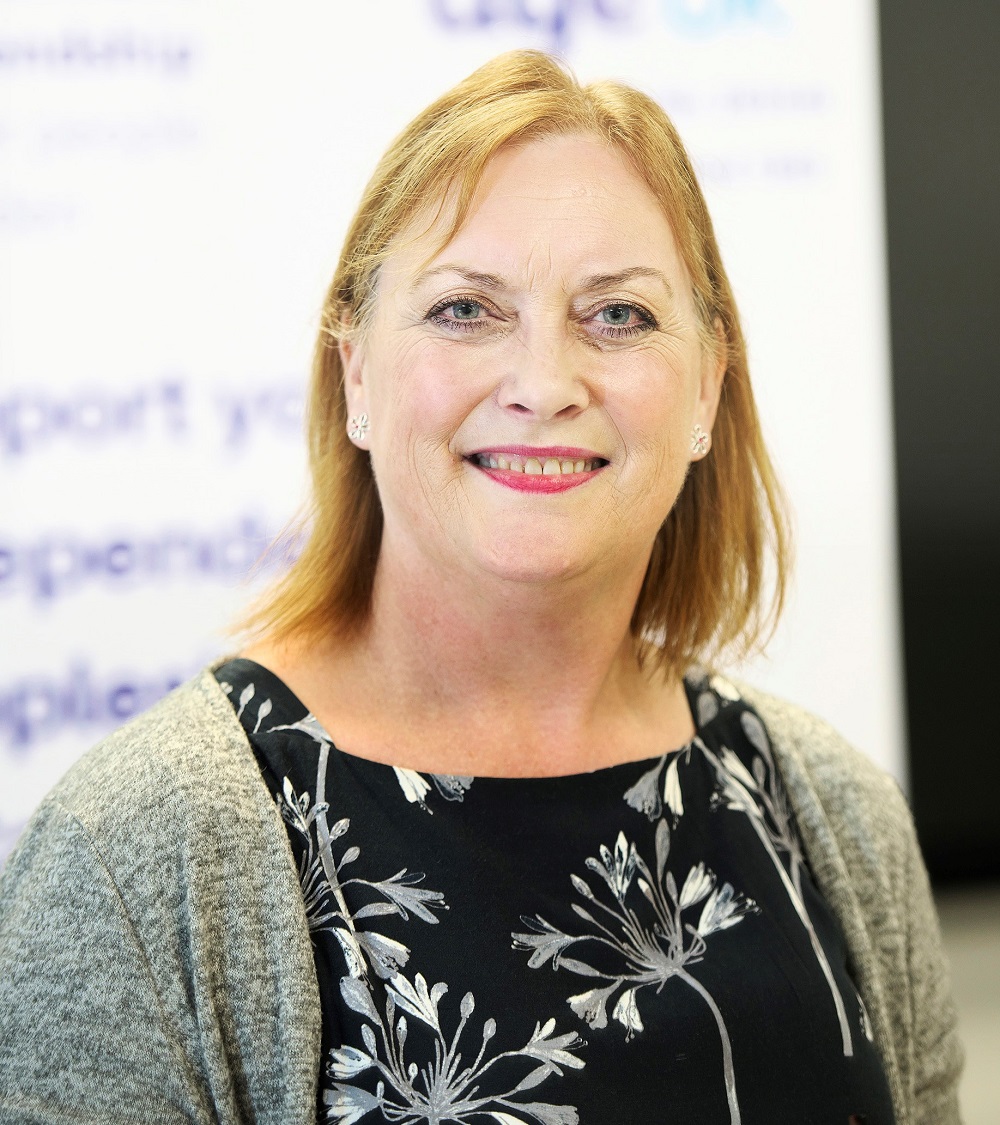RCN learning rep Sarah Stock had a double mastectomy due to cancer age 45. Four years on, she shares how having a permanent nipple tattoo boosted her confidence
As a nurse for over 30 years, I now appreciate how it feels to be a patient.
Before my mastectomy, I wasn’t that bothered about breast reconstruction.
After all the procedures, hospital visits and pain, it was just another process I didn’t want to go through. I remember being shown a ‘boob catalogue’, but after such a big life-changing event, it all felt like too much information.
In the end though, I did decide to go ahead as it felt like an important part of my recovery. One part of breast reconstruction that people often don’t think about is the need for nipple tattoos.
I’ve heard mixed stories of NHS nursing staff having two-day training courses to carry out ‘nipple tattoos’, but to me, it’s such a complex thing and two days doesn’t seem enough. I can’t imagine doing a short course and then being expected to carry out such a procedure. It seems this should be spoken about and invested in more and not just be an after-thought.
Despite my concerns, I had originally booked in to have a semi-permanent nipple tattoo through my hospital earlier this year, but then COVID-19 put it on hold.

It might seem like a small thing, but it's been really important in my journey and healing
I ended up getting the tattoo done with a local tattoo artist, who really reassured me about the process. She provided me with several hours of artistry reconstructing my new nipple. I love the result. I was almost in tears and was surprised at how realistic it looks. I feel balanced again. This is such an important service and she gave up her time, her inks and needles for free because of what I’d been though. She provides this free service for all breast cancer patients.
Not everyone would feel comfortable going to a tattoo parlour though, so I think there should be more training on the NHS for nursing staff. My tattooist has several years’ experience. She creates a 3D effect that just isn’t doable for nursing staff after a two-day course. It’s also an intricate procedure as sometimes it involves going over scar tissue. Skin pigmentation is very individual and colour matching different skin and nipple tones is an art in itself.
It might seem like a small thing, but it has been really important in my journey and my healing. It’s given part of myself back. I feel more complete.
There needs to be more consistency across the board
Nikki Morris is chair of the RCN cancer and breast care forum. She thinks nipple and areola tattoos is an area of breast care that needs more investment

This is a very interesting subject, but also a very important one to get right for people who’ve lost nipples due to breast cancer.
We see semi-permanent tattoos done by breast cancer nurses, plastic surgery nurses, while other trusts contract it out to tattoo artists. There needs to be more consistency across the board.
It’s one of those things that’s not been agreed who is best placed to do it, but what we need to be asking is what do we need to do to get the best outcome for patients? Is the quality at the required level? What skills should people have to be able to do this procedure?
It's not something we should be doing as an "add-on". It's vital for recovery and mental wellbeing
Although it’s lovely some tattooists offer nipple tattoos for free to people who’ve lost nipples due to breast cancer, this shouldn’t be a free service. It isn’t something we should be doing as an "add-on". It is vital in recovery and for the mental wellbeing of people who’ve had breast cancer.
You wouldn’t expect nursing staff to fit a wig for someone who’s undergone chemotherapy, so why are we expecting nursing staff to do these tattoos?
Nationally it’s agreed that breast reconstruction should be offered on the NHS - it’s part of good care.
With all these procedures we should be offering a complete package for patients. With other procedures that are not able to be carried out by nursing staff (such as wig fitting), we have service level agreements and this could be something that would come under that.
People might think it’s a simplistic thing, with easy to use gadgets, but what they haven’t thought about is the aesthetic look at the end. We need to be asking patients what they want.
I’m keen to get the discussion going and see how we can take this forward.
More information
If you work in cancer and breast care find out more about how the RCN supports this specialty by joining the RCN cancer and breast care forum
If you have a view you'd like to share with us, email bulletin@rcn.org.uk








